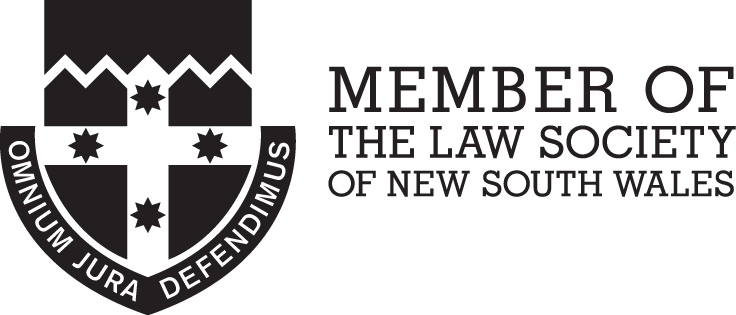|
The Unfair Contract Terms Regime (UCT Regime) was extended to cover standard form contracts entered into with ‘small business’ in November 2016.
The Regime is fully operational and has a significant impact on the way Australian businesses contract with each other. It is important to understand how the UCT Regime affects your business dealings and contracts, now that it is in force. As at the date of introduction, Australia is the only country in the world to apply this type of stricture to business to business contracts. This article provides an overview of the UCT Regime and a brief case study showing how the court has applied the reforms. The Federal Government has enacted legislation extending the unfair contract term protections of the Competition and Consumer Act 2010 (Cth) and the Australian Securities and Investments Commission Act 2001 (Cth) to the small business sector.
Under the new laws, a Court is able to declare that a term of a standard form small business contract is void if the term is unfair. The laws are an extension of existing provisions which have been available to consumers since 1 July 2010. The intent of the legislation is to level the playing field and prevent “take it or leave it” standard form contracts, which are commonly one-sided, from including unfair terms. The amendments are based on the assumption that small businesses, like consumers, often lack the resources or skills to understand and negotiate contract terms and are vulnerable to the inclusion of unfair terms. Agreements which could be caught by the provisions include retail leases, supply agreements, franchise agreements and finance contracts. In this article, we look at what the new regime means for your business. |
Topics
All
|
Gionis Legal & Advisory Pty Ltd © 2022



